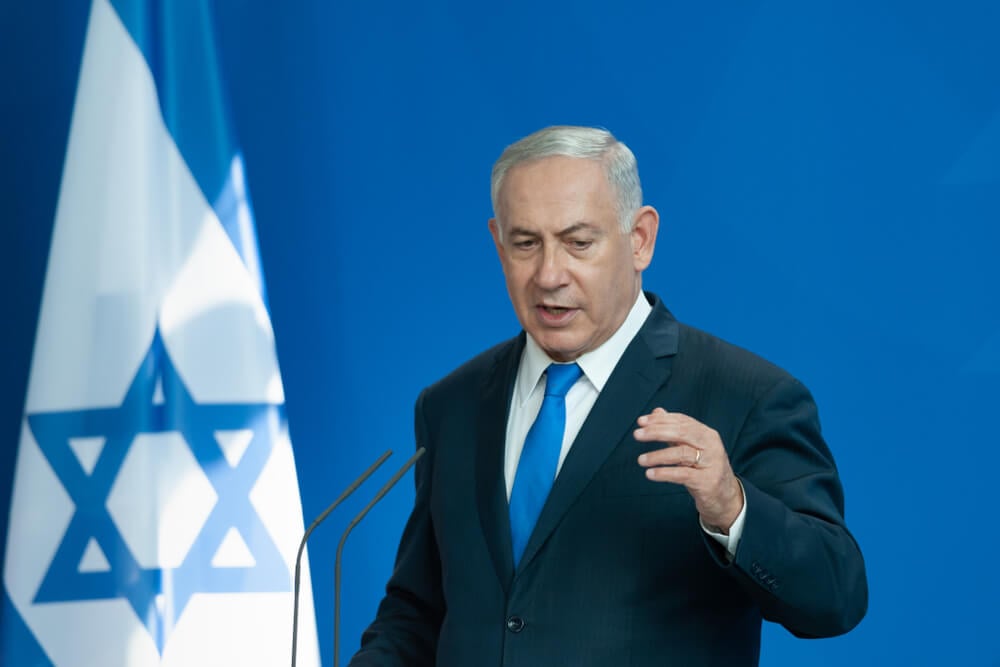The regime in Tehran once again finds itself in a position to threaten a direct attack on Israel within just four months. Although the situation is reminiscent of early April, when Tehran announced a retaliatory strike against Israel and subsequently carried it out on a very limited scale, Iran's dilemmas have escalated since then. Will Tehran repeat its April response this time, or will the answer be different?
The bombing of the facility near the Iranian consulate in Damascus, which killed General Mohammad Reza Zahedi, the commander of the Quds Force of the Iranian Revolutionary Guard Corps, on April 1, and Tehran's missile response against Israel occurred 13 days apart.
In response to the population's demands for revenge, the leadership in Tehran promised an attack for days, although it gave Israel and its allies plenty of time to prepare a defence.
This scene is repeated today. Immediately after the assassination of Hamas leader Ismail Haniyeh in Tehran on July 31, Supreme Leader Ali Khamenei ordered an attack on Israel. Public outbursts of anger and battle cries followed the leadership's vengeful statements, just as they had in April.
However, as was the case in April, action does not follow the verbal resolve to attack. Given that almost as much time has passed since the assassination of the Hamas leader as since the assassination of the commander of the Iranian Revolutionary Guard Corps and a retaliatory missile attack, Tehran is once again giving Israel and its allies time to prepare their defence.
Tehran cannot resist demands for retribution
The head of US diplomacy, Antony Blinken, told the G7 partners on August 4 that he expected an Iranian attack on Israel the very next day, on Monday, August 5. But that did not happen.
This once again raises the question of whether Iran is prepared to retaliate against Israel, just as it did in April, when its attack, apart from being announced for days, was limited and one-off.
It is hard for the Iranian leadership to avoid attacking Israel again. Public and particularly military leadership expectations for a retaliatory strike have escalated significantly more than in April.
Ismail Haniyeh's death as a guest in a maximum-security Iranian Revolutionary Guard facility dealt Tehran a serious blow
Ismail Haniyeh's death as a guest in a maximum-security Iranian Revolutionary Guard facility dealt Tehran a serious blow.
Tehran's restraint, therefore, is reminiscent of the situation in April and points to the possibility that actions similar in scale to those of four months ago will follow as a result of a new, major outrage.
Since then, Iran has demonstrated that it is not prepared to start a conflict on a larger scale and for a longer duration. The public's and the establishment's hunger for revenge was satisfied by an attack of around 300 missiles on Israel, almost all of which the defence destroyed before they reached their target.
Regardless of the planned retaliation for the assassination of a key ally in the heart of the Islamic Republic, the same scenario cannot be dismissed at this time.
Changed circumstances
One of the constraints Tehran faces is its ability to conduct a more intense conflict with Israel, especially over an extended period of time. In the period between the two attacks on its top officials, the regime in Tehran faced events that weakened its ability to conduct a confrontation with Israel.
First, a helicopter crash last May claimed the life of the nation's president, Ibrahim Raisi, in circumstances that will probably forever cast doubt on an external diversion.
The period of political consolidation and the election of a new president did not go smoothly for the theocratic leadership, as the elections once again saw a record low voter turnout, confirming the low legitimacy of the state authorities.
Israel's military action in Gaza has left Hamas almost completely without fighting potential
On the other hand, Israel's military action in Gaza has left Hamas almost completely without fighting potential and forced Iran's proxies to intensify their efforts to secure a ceasefire.
In the meantime, since April, Israel has also responded harshly militarily against the Houthis in Yemen, destroying their infrastructure in the port of Hodeidah, a key point for the supply of weapons and equipment from Iran.
Israeli counter-strike
The assessment that Iran will carry out the next attack on Israel in cooperation with all the forces it controls in the region, above all Hezbollah in Lebanon, the Houthis, Hamas, and the militias in Syria and Iraq, is well-founded.
 We are prepared both defensively and offensively - Benjamin Netanyahu
We are prepared both defensively and offensively - Benjamin Netanyahu
But such a development once again raises the central question of whether Tehran really wants to confront Israel and its allies on a larger scale than it did in April.
One of the reasons for its reserve lies in Israel's announced readiness to go on the offensive militarily against Iran, apart from the fact that it has been preparing for defence against a possible attack, as it did four months ago.
"We are prepared both defensively and offensively. We are striking our enemies and are determined to defend ourselves," said Israeli PM Benjamin Netanyahu in a meeting with army recruits last Wednesday.
Iran is probably aware that it cannot rule out Israeli pre-emptive strikes against its military, nuclear, and oil facilities. This further complicates its equation, in which it again gives long notice and leaves room for various options for the opposing side.